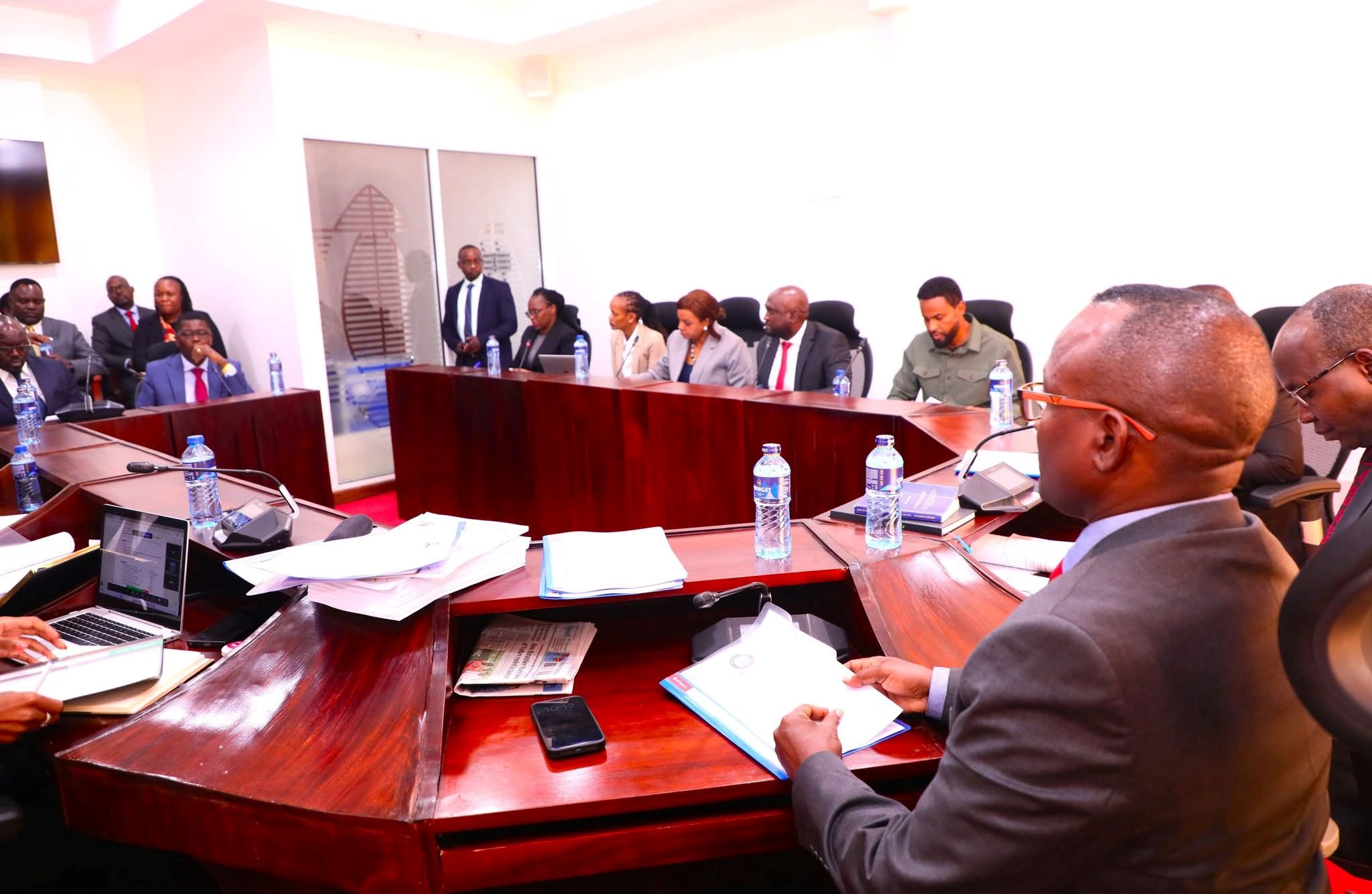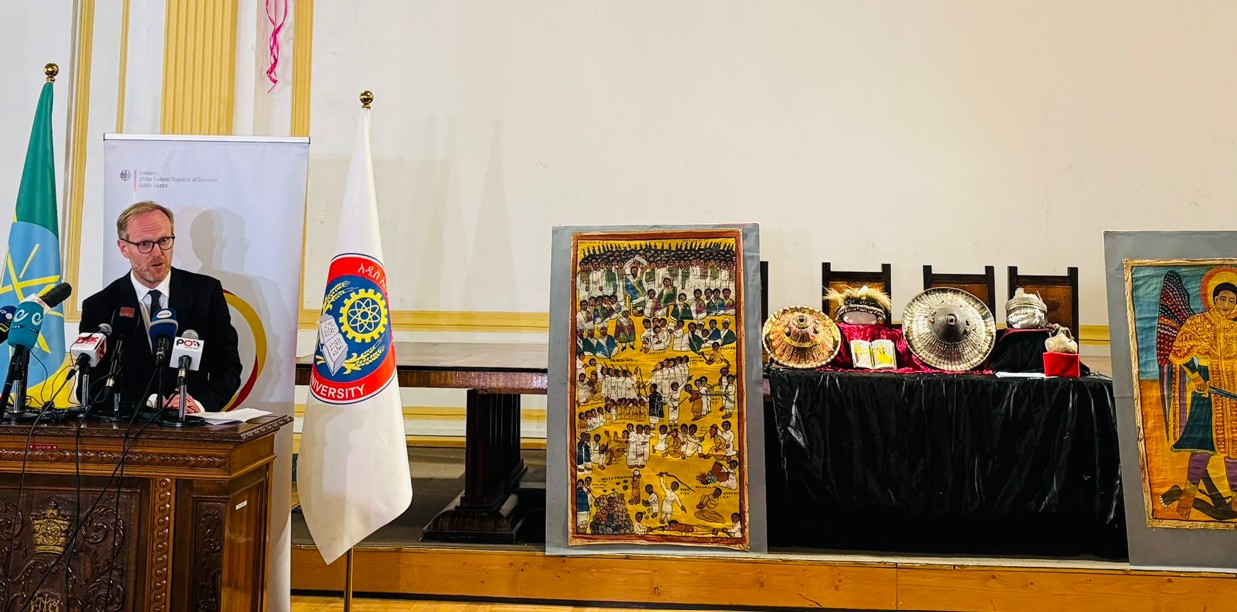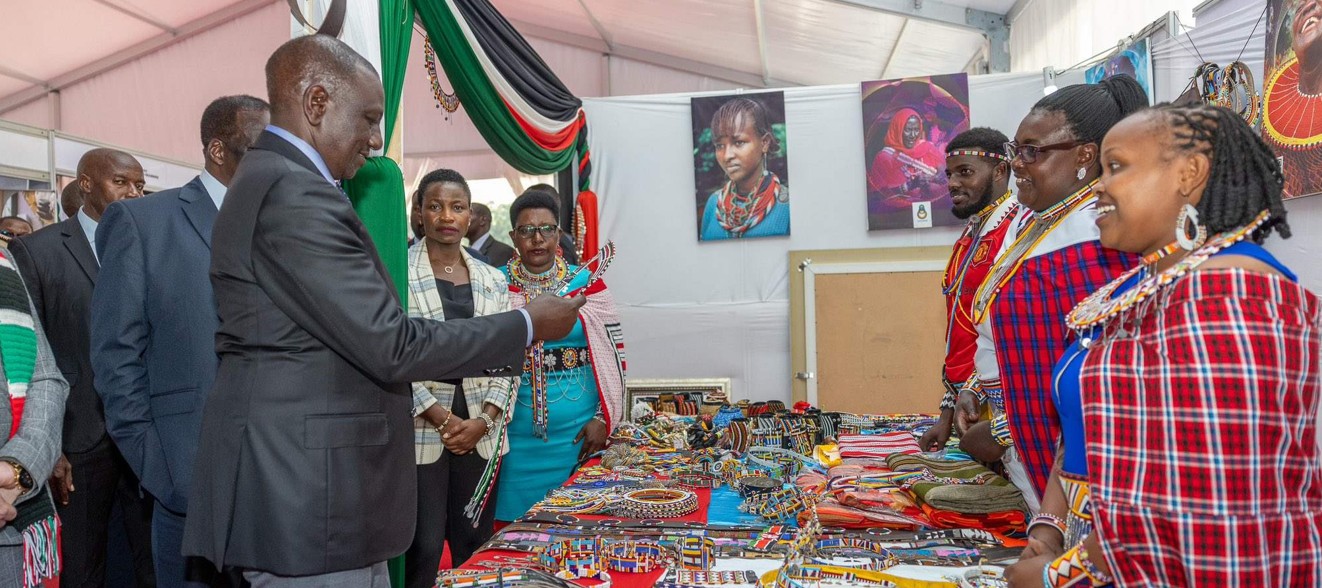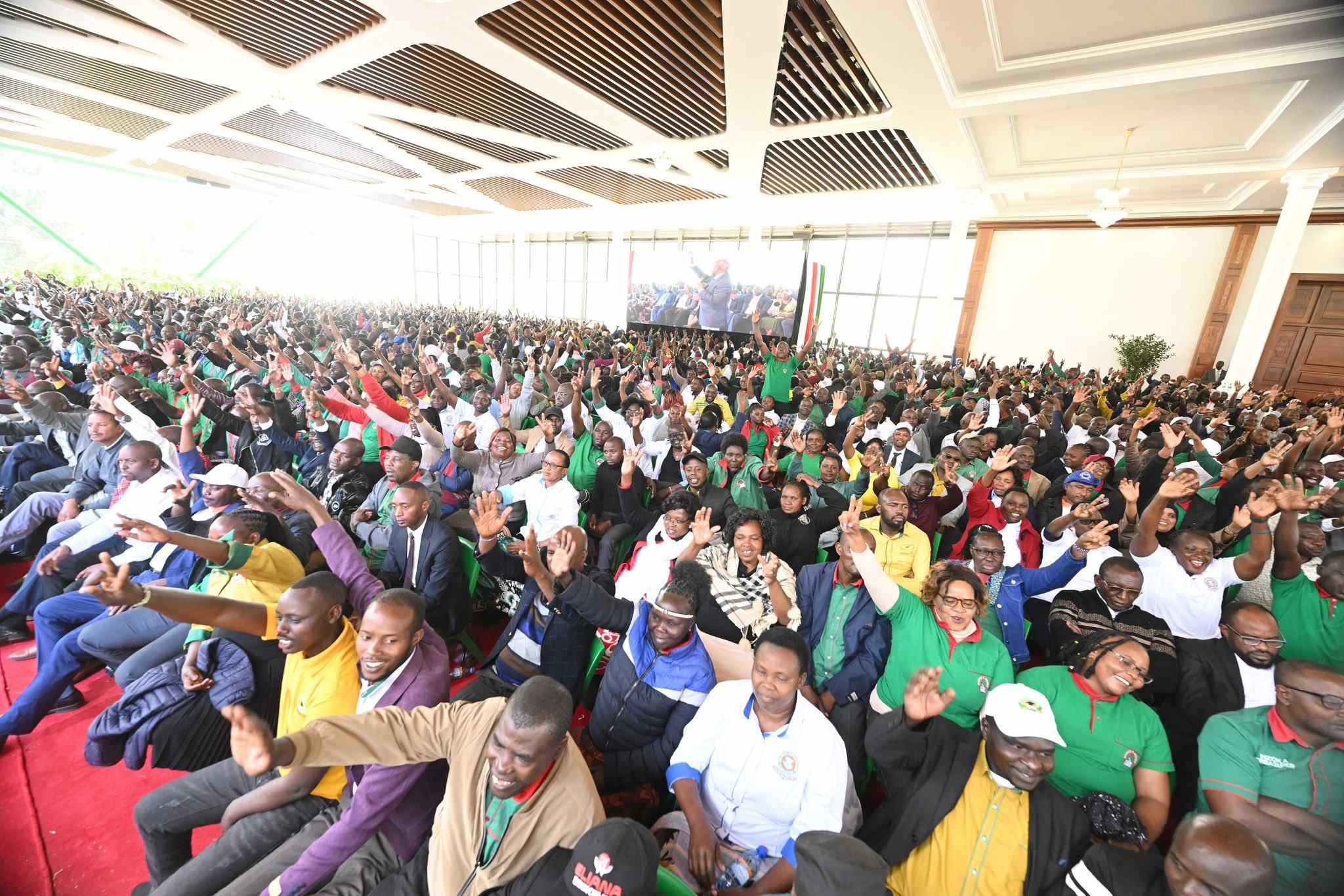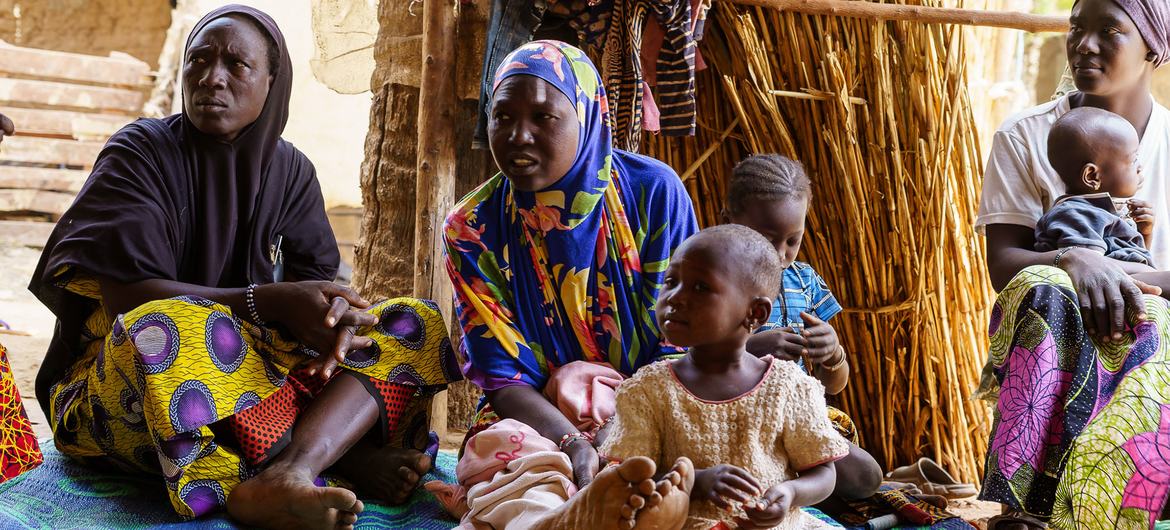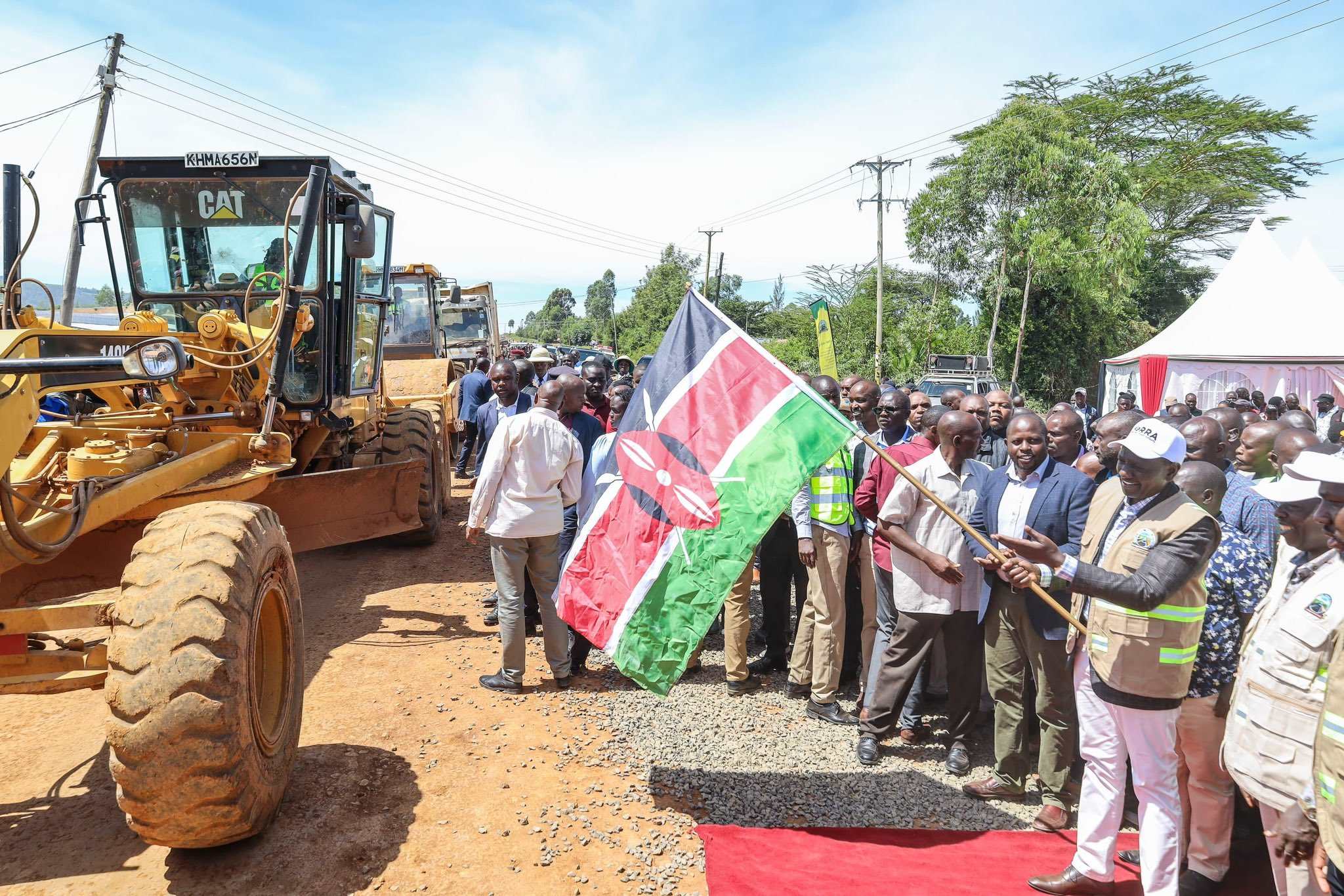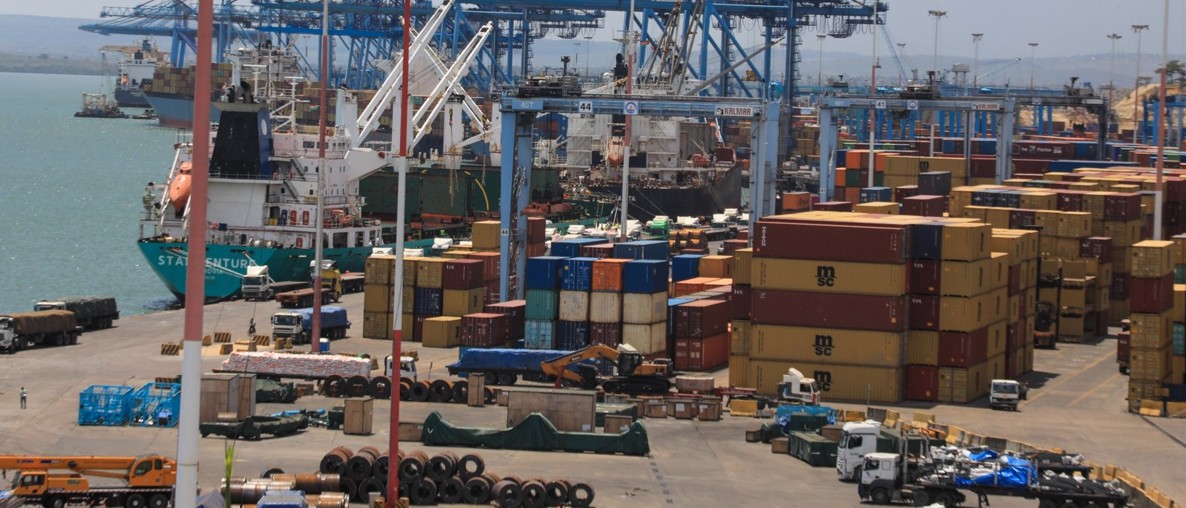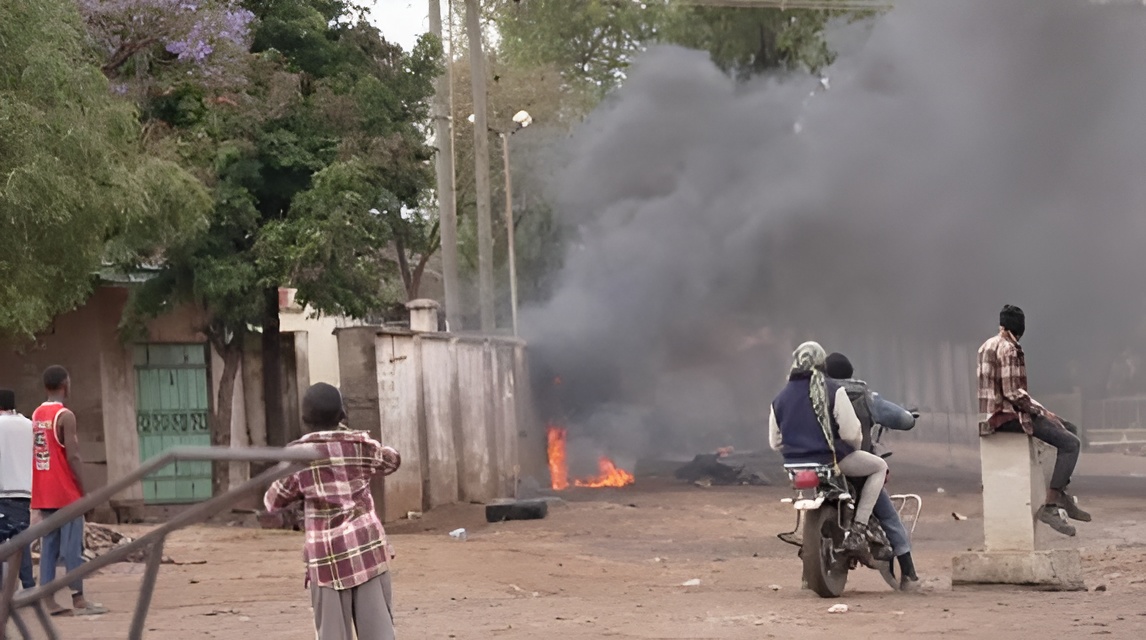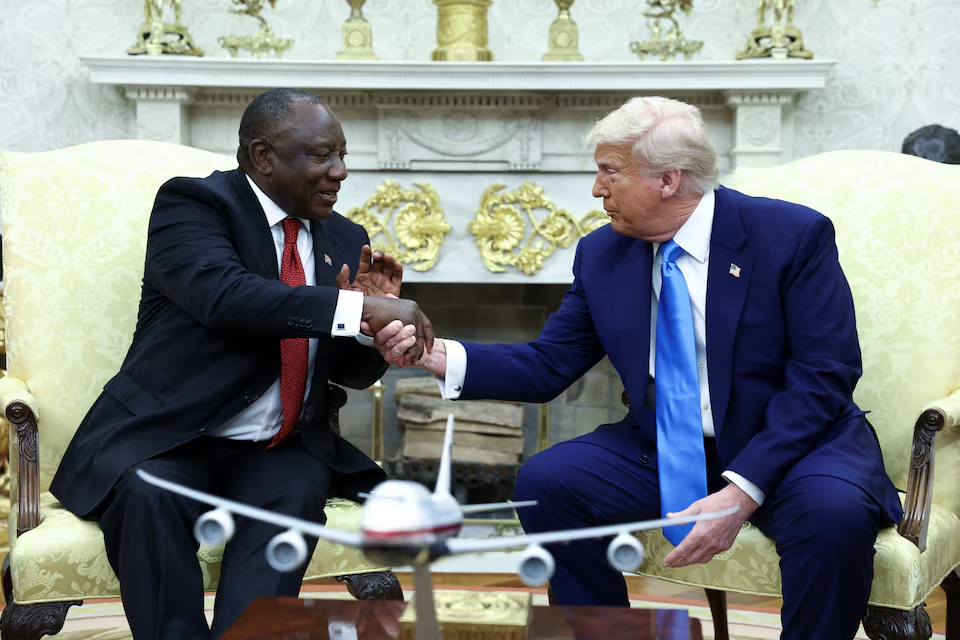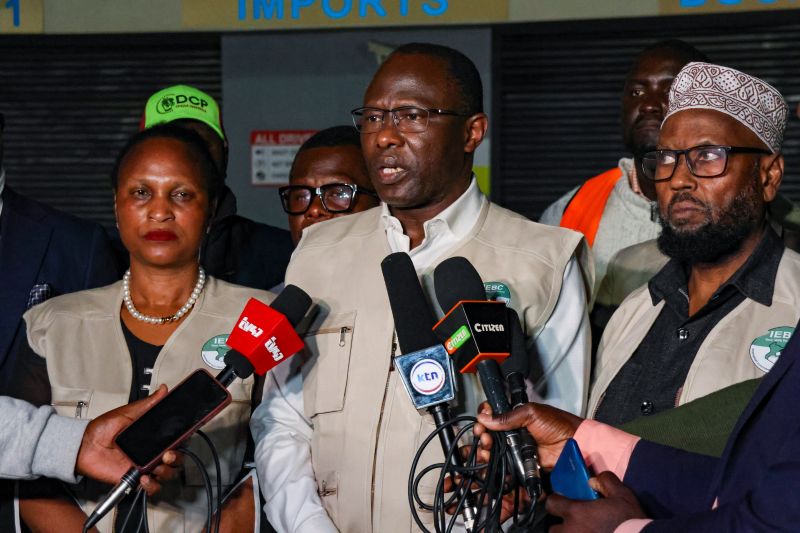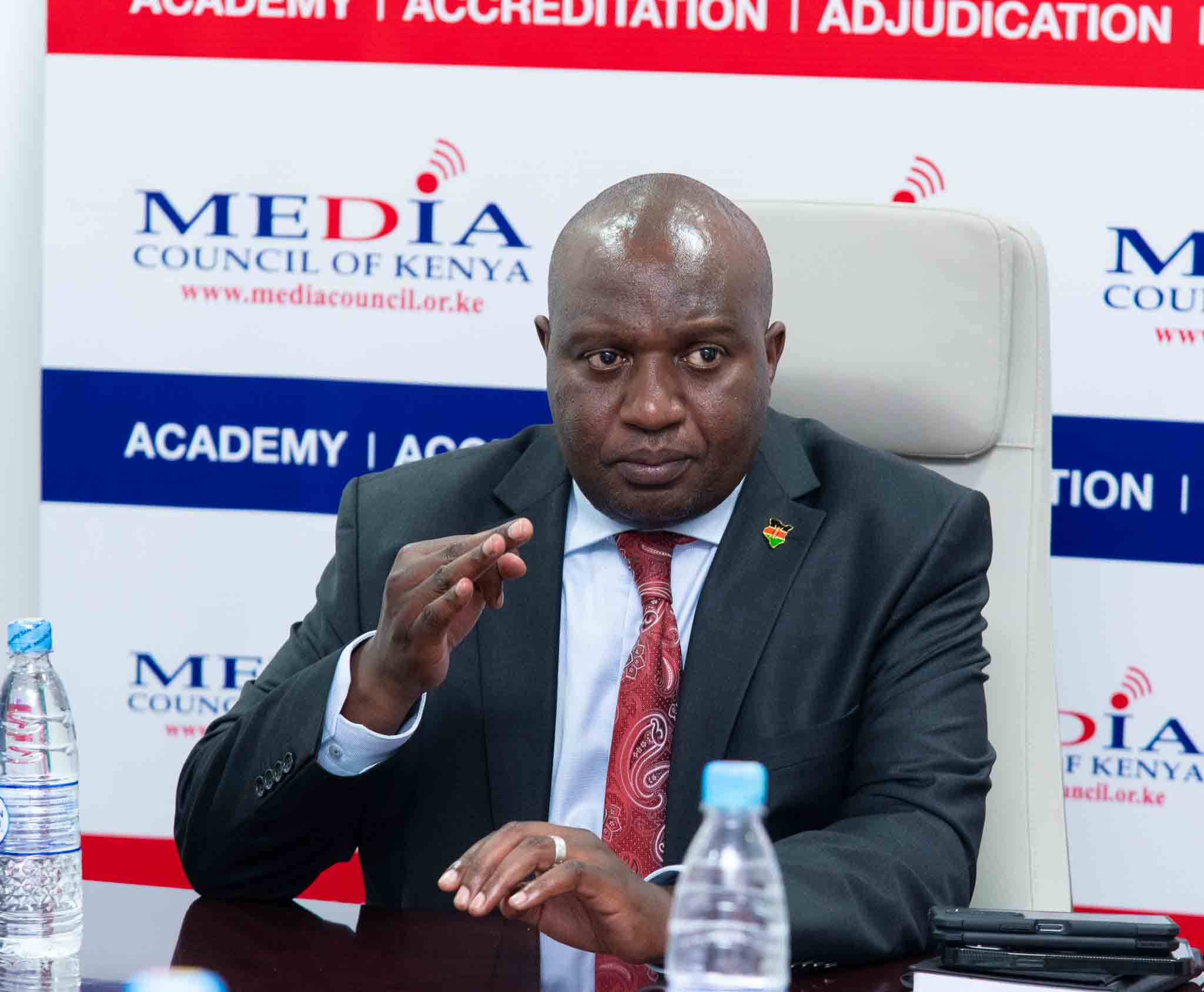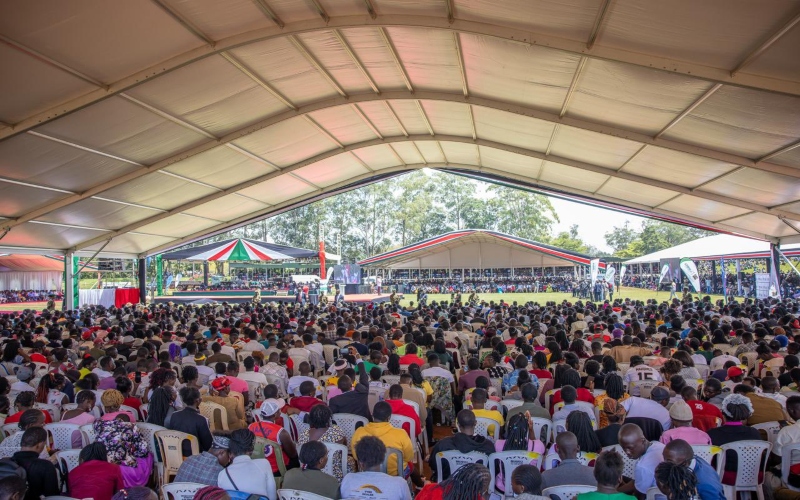President Ruto orders Sh177 billion budget reduction
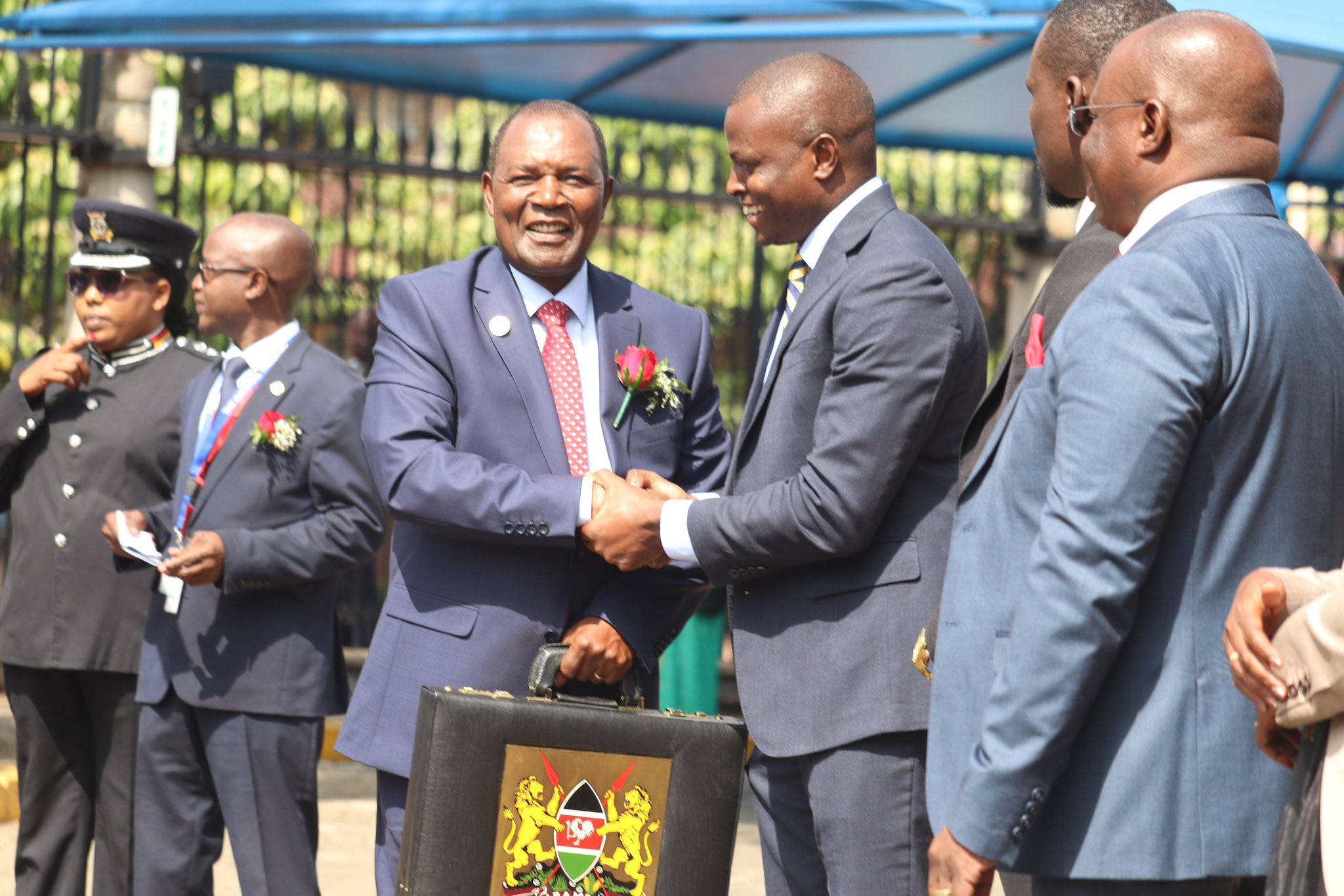
Consequently, the additional borrowing will increase the country's fiscal deficit from 3.3 per cent to 4.6 per cent.
President William Ruto has proposed that the National Assembly effect a budget cut of Sh177 billion to partly cater for the Sh346 billion revenue shortfall in the withdrawn 2024 Finance Bill.
In his state address on Friday, Ruto reckoned that the consequence of withdrawing the Finance Bill is a reduction of our revenue targets by Sh346 billion.
More To Read
- Government’s increased revenue strategy faulted amid missed targets, public backlash
- No new levies in 2026 budget as Treasury focuses on improving revenue efficiency
- President Ruto defends teachers’ State House meeting amid backlash
- The impact of the recent Finance Bill on different sectors
- High Court halts construction of church at State House pending constitutional review
- Mbadi gives counties 30 days to integrate payrolls with IPPD
"As a result, the National Treasury has been assessing the adverse impact of either reducing the budget by the entire Sh346 billion or borrowing the full amount," Ruto said.
"Cutting the entire amount would significantly and drastically affect the delivery of critical government services, while borrowing would increase our fiscal deficit by a margin that would have significant repercussions on many other sectors, including interest rates and exchange rates."
The president, therefore, says the state decided to cut about half of the Sh346 billion and borrow the difference.
Consequently, the additional borrowing will increase the country's fiscal deficit from 3.3 per cent to 4.6 per cent.
The president said the borrowed funds will be used to fund critical government services, including the hiring of junior secondary school teachers and medical interns.
A key focus of the funds will also be on funding the milk stabilisation programme for dairy farmers, reviving the stalled roads programme, retaining the fertiliser subsidy programme, settling the debts owed to farmers in the coffee subsector, and capitalising on the Coffee Cherry Fund.
"We will also focus on enabling public sector-owned sugar mills to pay outstanding debts to sugarcane farmers for their deliveries and provide additional funding for the new funding model for higher education," Ruto said.
"Settling arrears owed to counties for the NG-CDF and pensions will also be of top priority."
The President also recognised that public debt is and continues to be a major concern in Kenya, and in response, he appointed an independent taskforce to carry out a comprehensive forensic audit of our public debt and report within three months.
"This audit will provide the people of Kenya with clarity on the extent and nature of the debt, how public resources were expended and will recommend proposals for managing our public debt in a manner that is sustainable and with intergenerational equity," Ruto stated.
Nancy Onyango will lead the team as the chairperson, and Luis G. Franceschi will deputise her, along with members such as CPA Philip Kaikai from the Institute of Certified Public Accountants of Kenya (ICPAK), Vincent Kimosop, and Shammah Kiteme from the Institute of Engineers of Kenya. Others are representatives from ICPAK, LSK, and IEK, while joint secretaries will include Abraham Rugo (Dr.) and Aaron Thegeya.
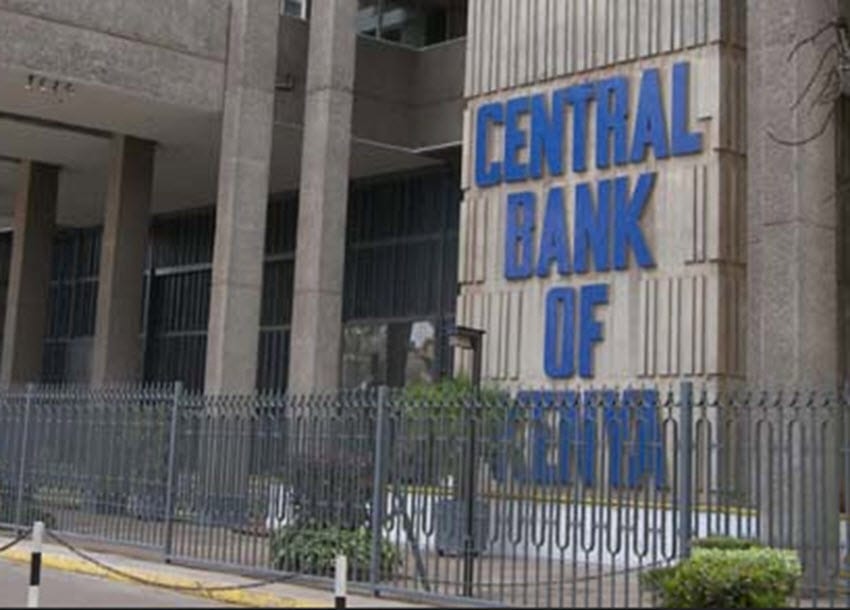 The Central Bank of Kenya. (Photo: File)
The Central Bank of Kenya. (Photo: File)
To enhance further austerity measures, towards the realisation of the new reduced budget, he ordered 47 State Corporations with overlapping and duplicative functions to be dissolved. The operational and maintenance costs of the 47 parastatals will be integrated into the respective line ministries.
Their staff will be transferred to ministries and other state agencies, with immediate effect.
He also suspended the decision to fill the position of Chief Administrative Secretaries, reduced the number of advisors in government by 50% within the public service and expunged budgets for the offices of the First Lady, the spouses of the Deputy President, and the Prime Cabinet Secretary.
Other measures included suspending the purchase of new motor vehicles by the government for 12 months, except for security agencies. He thus ordered a new policy on transport for public officers to be developed within the period of suspension to guide future purchases.
Ruto who has been under pressure from youthful protesters nearly two months into his first term of five years also suspended non-essential travel by state and public officers and barred them from harambees.
With his office and that of his DP being subjected to scrutiny for wastage of taxpayers' funds, Ruto removed the budgetary provisions for confidential budgets in various executive offices, including his own, and reduced that of renovations across government by 50 per cent.
The President also declared that all public servants who attain the retirement age of 60 years shall be required to immediately proceed on retirement, with no extensions to their tenure of service.
During a media roundtable debate on Sunday, Ruto listed the changes he made today as the bare minimum of effective leadership and service delivery. He recognised his faults and those of his government and also promised to assess the effectiveness of his cabinet, which has been condemned for prior service delivery.
He added that he was soul-searching and assessing the cabinet's performance, and today he reiterated the same by saying that the austerity measures will be followed by changes in government.
"We are determined to carry out these and other changes to improve the quality, efficiency, and transparency in serving the people of Kenya and ensure that citizens receive maximum value for their resources from a public sector that prioritises their welfare. I believe these changes will set our country on a trajectory towards economic take-off, enabling us to achieve the strategic objectives of the bottom-up economic transformation agenda and deliver our commitments to radically enhance opportunities for Kenyans and transform our country."
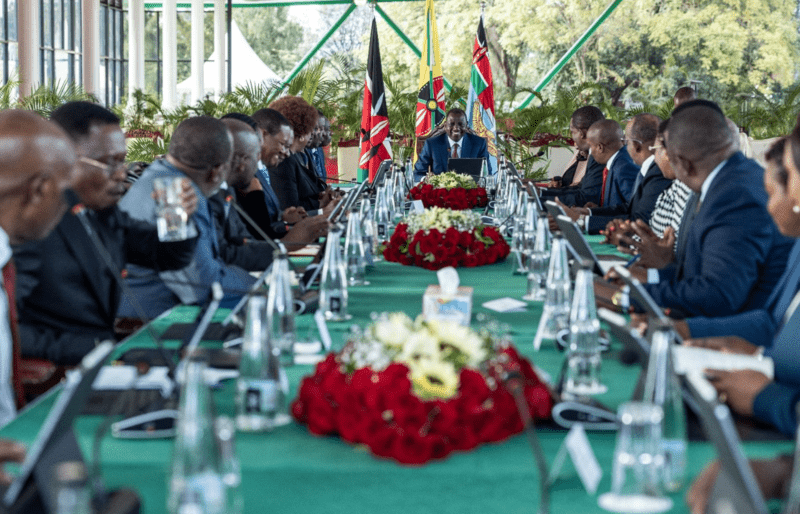 President William Ruto chairs a cabinet meeting on Thursday. (Photo: PCS)
President William Ruto chairs a cabinet meeting on Thursday. (Photo: PCS)
Top Stories Today

